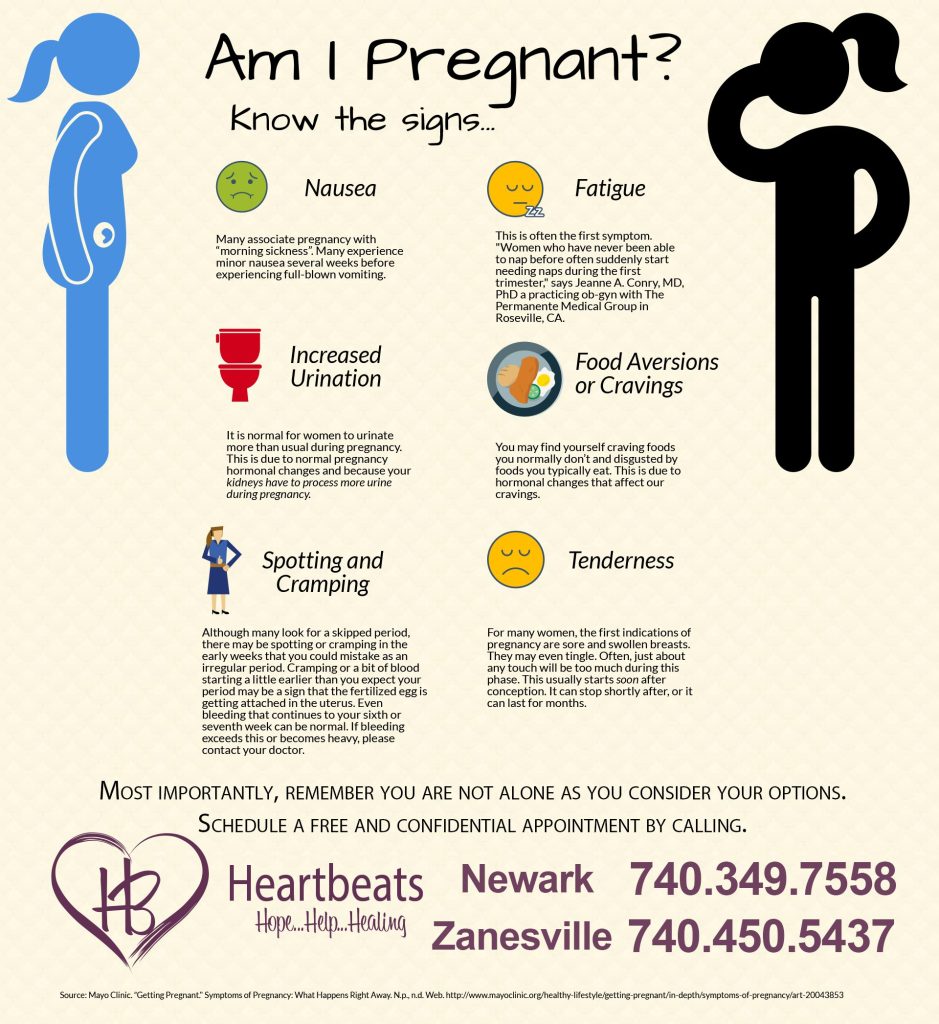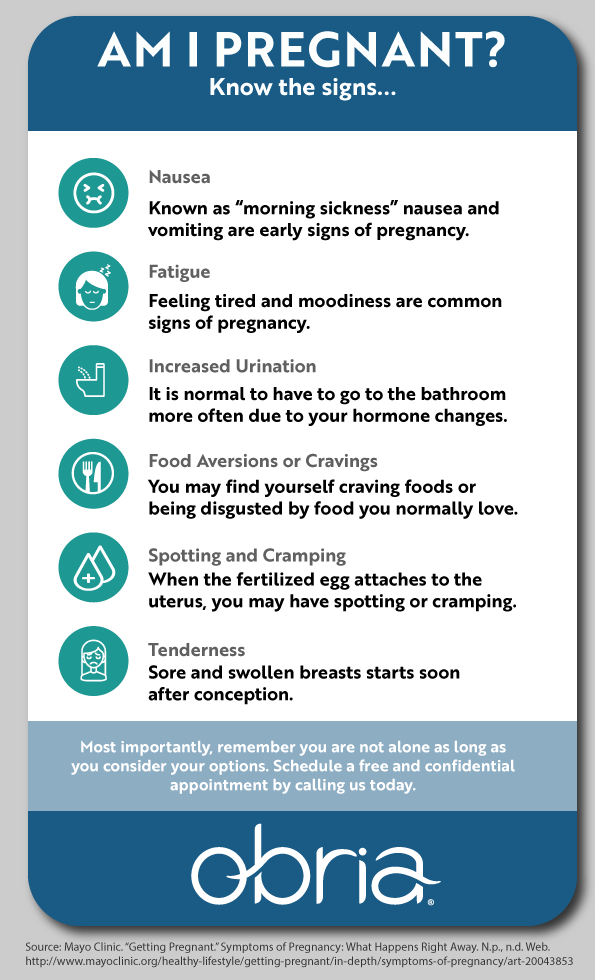How Pregnant am I? To determine how pregnant you are, count the weeks from the first day of your last period. Consult a healthcare provider for accurate confirmation.
Understanding your pregnancy timeline is crucial for both your health and your baby’s development. Most pregnancies last about 40 weeks from the first day of your last menstrual period (LMP). This period is divided into three trimesters, each with distinct developmental milestones.
Early prenatal care helps monitor your progress and ensures a healthy pregnancy. Regular check-ups, ultrasounds, and blood tests can provide more precise information. Keeping track of your symptoms and changes in your body can also offer clues. Always seek professional medical advice for the most accurate assessment.

Credit: heartbeats.org
Starting The Journey: Confirming Pregnancy
The moment you suspect you might be pregnant is both exciting and overwhelming. This journey begins with confirming your pregnancy. Knowing the signs and taking the right steps early on ensures a healthy start for both you and your baby.
Signs And Symptoms of How Pregnant am I
Recognizing the early signs of pregnancy is crucial. Here are some common indicators:
- Missed Period: This is often the first sign.
- Morning Sickness: Nausea can occur at any time of the day.
- Tender Breasts: Your breasts might feel sore or swollen.
- Fatigue: You may feel unusually tired.
- Frequent Urination: You might find yourself needing to pee more often.
First Steps After Confirmation
Once you suspect you’re pregnant, it’s time to confirm it. Here are the initial steps:
- Home Pregnancy Test: Purchase a test from a pharmacy. Follow the instructions carefully.
- Visit a Doctor: Schedule an appointment with your healthcare provider. They will confirm your pregnancy with a blood test or ultrasound.
- Start Prenatal Care: Begin taking prenatal vitamins. Your doctor will guide you on the necessary supplements.
- Healthy Lifestyle: Adopt a balanced diet and avoid harmful substances like alcohol and tobacco.
- Inform Loved Ones: Share the news with your partner and family. Their support is essential during this time.
Embarking on this journey is a significant moment in your life. By recognizing the signs and taking the right steps, you ensure a healthy and joyful experience ahead.
Calculating Your Due Date
Knowing your due date can bring peace and excitement. Calculating it helps you prepare for the big day. Let’s explore how to find out your due date.
Understanding Pregnancy Weeks
Pregnancy is usually counted in weeks, not months. It lasts about 40 weeks from the first day of your last menstrual period (LMP). This is called gestational age.
Each trimester has a specific role. The first trimester is the first 12 weeks. The second trimester spans from week 13 to week 26. The third trimester covers week 27 to birth.
Tools And Methods For Calculation
You can use various tools and methods to calculate your due date. Here are some popular options:
- Online Due Date Calculators: These are easy to use. Enter the first day of your last menstrual period, and the calculator will do the rest.
- Pregnancy Wheels: Doctors use these tools. They align your LMP with the wheel to find your due date.
- Ultrasound: An early ultrasound can provide a more accurate due date. This is often done in the first trimester.
For a quick reference, here’s a simple table to understand how weeks translate into trimesters:
| Trimester | Weeks |
|---|---|
| First | 1-12 |
| Second | 13-26 |
| Third | 27-40 |
Accurately calculating your due date helps you monitor your baby’s growth and plan your journey into motherhood.
First Trimester: The Foundation
The first trimester is a crucial time in your pregnancy journey. This period lays the foundation for your baby’s development. Understanding what happens during these early weeks can help you stay informed and prepared.
Key Developments
During the first trimester, your baby undergoes significant changes. Here are some key developments:
- Week 1-4: Fertilization and implantation occur.
- Week 5-8: The heart starts beating and major organs begin to form.
- Week 9-12: The baby grows rapidly, and facial features start to develop.
These weeks are vital for your baby’s growth. Ensure you follow a healthy lifestyle to support this development.
What To Expect At Your Doctor Visits
Your doctor visits during the first trimester are essential. These visits ensure both your health and your baby’s health. Here’s what you can expect:
| Visit | Purpose |
|---|---|
| First Visit | Confirm pregnancy, discuss medical history, and schedule future appointments. |
| Second Visit | Check baby’s heartbeat, measure growth, and conduct necessary tests. |
| Third Visit | Review test results, monitor health, and answer any questions. |
Regular doctor visits are key during the first trimester. They help monitor your baby’s growth and address any concerns early on.

Credit: obria.org
Second Trimester: Feeling The Movement
The second trimester is an exciting time for pregnant women. This is when many moms-to-be start feeling their baby move. These movements are often called “quickening” and can be very special moments.
Physical Changes In Your Body
During the second trimester, your body goes through many changes. Your belly grows bigger as the baby gets larger. You might notice stretch marks on your skin. Your breasts may also become fuller and more sensitive.
Some women experience more energy during this time. You might find it easier to do daily tasks. It’s also common to have aches and pains in your lower back and legs.
| Common Changes | Details |
|---|---|
| Growing Belly | Your belly will expand as the baby grows. |
| Stretch Marks | Red or purple lines may appear on your skin. |
| Increased Breast Size | Your breasts may become fuller and more sensitive. |
| Increased Energy | You may feel more energetic and active. |
| Aches and Pains | Back and leg pains are common during this time. |
Baby’s Growth And Movements
During the second trimester, your baby grows rapidly. By the end of this period, the baby might be around 14 inches long. You will start feeling kicks, rolls, and flutters. These are signs that your baby is active and healthy.
- Baby’s Size: About 14 inches long.
- Movements: Kicks, rolls, and flutters.
- Heartbeat: You may hear it during check-ups.
- Development: The baby’s organs are maturing.
These movements can be felt more frequently as the baby grows. It is a joyful experience for most moms. This period is often the most comfortable phase of pregnancy.
Third Trimester: The Final Countdown
The third trimester is the final stretch of pregnancy. This period is both exciting and challenging. During these weeks, your baby grows rapidly and prepares for birth. It’s time to get ready for the big day. Let’s explore essential aspects of the third trimester.
Preparing For Delivery
Start by creating a birth plan. This plan outlines your preferences for labor and delivery. Discuss this plan with your healthcare provider. Make sure to include:
- Preferred delivery method
- Pain management options
- Who you want in the delivery room
- Any special requests
Packing a hospital bag is also important. Pack items for you, your baby, and your partner. Here’s a quick checklist:
| For You | For Baby | For Partner |
|---|---|---|
| Comfortable clothes | Onesies | Snacks |
| Toiletries | Blanket | Camera |
| Important documents | Diapers | Change of clothes |
Monitoring Baby’s Position
Knowing your baby’s position is crucial in the third trimester. Babies usually get into the head-down position by 36 weeks. This position is ideal for birth. Your doctor will monitor the baby’s position during your visits.
If your baby is not head-down, they might be in a breech position. This means the baby’s feet or bottom are down. Your doctor might suggest methods to turn the baby. These methods include:
- External Cephalic Version (ECV)
- Certain exercises
- Acupuncture or moxibustion
Regular ultrasound scans help track the baby’s position. These scans give a clear picture of how your baby is lying. If the baby remains in a breech position, your doctor will discuss delivery options.
Nutrition And Lifestyle For A Healthy Pregnancy
Maintaining a healthy lifestyle during pregnancy is crucial for both mother and baby. Proper nutrition and safe exercise routines can make a significant difference. This section will guide you through the essential dietary recommendations and exercise routines for a healthy pregnancy.
Dietary Recommendations
A balanced diet is essential during pregnancy. Here are some key dietary recommendations:
- Folic Acid: Essential for preventing birth defects. Include leafy greens, beans, and fortified cereals.
- Iron: Supports increased blood volume. Eat lean meats, spinach, and lentils.
- Calcium: Important for bone health. Consume dairy products, almonds, and broccoli.
- Protein: Crucial for baby’s growth. Include eggs, nuts, and fish.
- Hydration: Drink plenty of water to stay hydrated.
Safe Exercise Routines
Exercise is beneficial during pregnancy, but it is important to follow safe routines:
- Walking: A simple and effective way to stay active. Aim for 30 minutes daily.
- Swimming: Great for reducing joint pain. It is a low-impact exercise.
- Yoga: Enhances flexibility and reduces stress. Choose prenatal yoga classes.
- Pelvic Floor Exercises: Helps in labor and recovery. Practice Kegel exercises regularly.
- Avoid High-Impact Activities: Steer clear of activities that risk falls or injury.
Always consult your healthcare provider before starting any new exercise routine.
Common Concerns And How To Address Them
Pregnancy can bring many questions and worries. It’s normal to feel unsure. Understanding common concerns and knowing how to address them can help ease your mind.
Managing Symptoms
During pregnancy, you might experience various symptoms. Some common ones include nausea, fatigue, and back pain. Here’s how you can manage these symptoms:
| Symptom | Management Tips |
|---|---|
| Nausea | Eat small, frequent meals. Avoid spicy foods. Drink ginger tea. |
| Fatigue | Get plenty of rest. Take short naps. Stay hydrated. |
| Back Pain | Use a support pillow. Practice good posture. Do gentle exercises. |
When To Seek Medical Attention
Knowing when to seek medical attention is crucial. If you experience any of the following, contact your doctor immediately:
- Severe abdominal pain
- Heavy bleeding
- Severe headache
- Sudden swelling of hands or face
These symptoms can indicate serious conditions. Always prioritize your and your baby’s health.
Preparing For Baby’s Arrival
The journey to parenthood is exciting and filled with anticipation. One of the most important parts is preparing for your baby’s arrival. This preparation involves many tasks. You need to create a safe and welcoming space for your baby. It also includes choosing the right healthcare provider for your little one.
Setting Up The Nursery
Setting up the nursery is a joyful task. You will need to decide on the theme and colors for the room. Some parents choose soft pastels, while others go for vibrant colors.
Here are some essentials you will need:
- Crib with a firm mattress
- Changing table with safety straps
- Rocking chair or glider for feeding
- Storage units for clothes and toys
- Soft lighting for a calming atmosphere
Safety is a priority. Ensure all furniture is secured to the walls to prevent tipping. Use cordless window coverings to avoid strangulation hazards.
Choosing A Pediatrician
Choosing a pediatrician is a crucial decision. This doctor will care for your child from infancy through adolescence. Start your search early, so you have time to find the right fit.
Consider the following steps:
- Ask for recommendations from friends and family.
- Check the credentials and experience of the pediatrician.
- Ensure the office is conveniently located.
- Visit the office to see if it is clean and child-friendly.
- Ask about the availability of the doctor for emergencies.
Prepare a list of questions to ask during your meeting. This will help you gauge the pediatrician’s approach to childcare. Make sure you feel comfortable and confident with your choice.
Both setting up the nursery and choosing a pediatrician are steps that bring you closer to welcoming your baby. These tasks ensure your baby’s environment is safe and their health is in good hands. Enjoy this special time and cherish the moments of preparation.

Credit: newhopebutte.com
Frequently Asked Questions for How Pregnant am I
How Do You Find Out Exactly How Pregnant You Are?
Visit your doctor for an ultrasound. Use the first day of your last menstrual period to estimate. Home pregnancy tests can help.
How Can I Guess How Pregnant I Am?
Calculate your pregnancy stage by counting weeks from the first day of your last menstrual period. Use online pregnancy calculators for accuracy. Consult a doctor for confirmation.
How Many Weeks Pregnant Am I?
To determine how many weeks pregnant you are, count from the first day of your last menstrual period. Use an online pregnancy calculator for more accuracy. Consult your doctor for confirmation.
How Am I 4 Weeks Pregnant If I Conceived 2 Weeks Ago?
Pregnancy is calculated from the first day of your last menstrual period, not from the date of conception. This adds two weeks to the gestational age.
How Do I Calculate My Pregnancy Weeks?
To calculate, count from the first day of your last menstrual period.
Can I Be Pregnant Without Symptoms?
Yes, some women may not experience early pregnancy symptoms.
What Are Common Early Pregnancy Signs?
Common signs include missed periods, nausea, fatigue, and tender breasts.
How Accurate Are Home Pregnancy Tests?
Home pregnancy tests are about 99% accurate when used correctly.
When Should I See A Doctor?
See a doctor as soon as you suspect you are pregnant.
Can I Be Pregnant And Still Have Periods?
Some women may have light bleeding, but it’s not a true period.
Conclusion of How Pregnant am I
Determining how far along you are in pregnancy is crucial for planning. Use reliable methods like home tests and doctor visits. Tracking symptoms and timelines helps ensure a healthy journey. Understanding your pregnancy stage empowers you to make informed decisions.
Stay proactive, consult healthcare professionals, and enjoy this special time.
Visit our other website to see/buy/read more women products.




